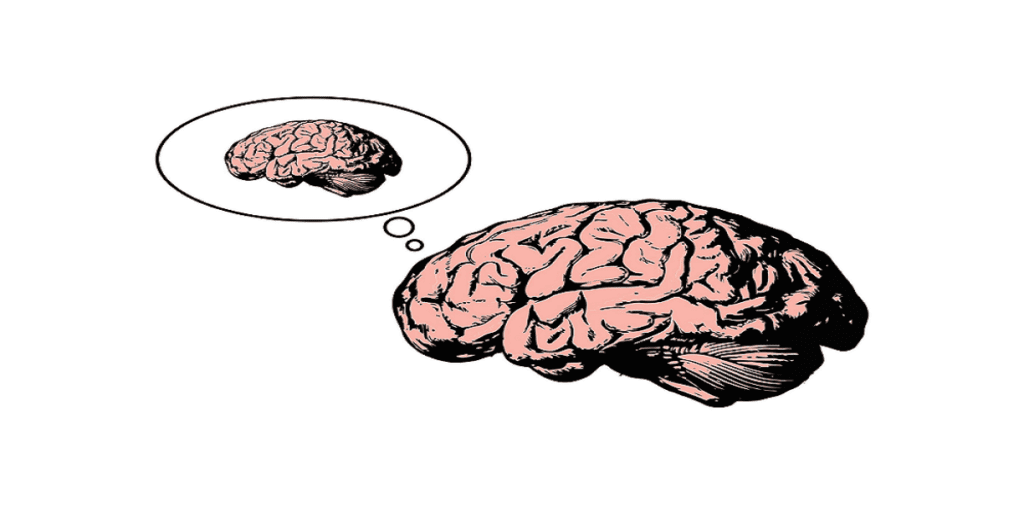Have you ever thought about how you think? Sounds funny, right? But that’s precisely what metacognitive skills are all about. They’re like having a little coach in your head that helps you plan, monitor, and evaluate your learning process. Imagine a ship’s captain plotting the course, checking the weather, and adjusting the sails – that’s metacognition for you! Let’s dive into this fascinating topic and see how you can use metacognitive skills to navigate the vast ocean of learning.
Metacognitive skills are like having a superpower for learning. They help you understand your own learning process, making it easier to tackle new information, solve problems, and achieve your goals. In this article, we’ll explore what metacognitive skills are, why they’re essential, and how you can develop them to become a more effective learner.
What Are Metacognitive Skills?
Metacognitive skills involve being aware of your own thought processes. They include planning how to approach a learning task, monitoring comprehension, and evaluating the progress towards the completion of a task. Essentially, they are the tools that help you learn how to learn. Think of it as thinking about thinking – a higher-order skill that can enhance your ability to understand and retain information.
The Importance of Metacognitive Skills
Why are metacognitive skills so important? Because they allow you to take control of your learning. With these skills, you can identify your strengths and weaknesses, adjust your strategies, and ultimately become a more independent and effective learner. Whether you’re a student, a professional, or someone looking to pick up a new hobby, metacognitive skills can make a significant difference in how you approach challenges and absorb new information.
Components of Metacognition

Metacognition consists of two main components: metacognitive knowledge and metacognitive regulation. Let’s break these down.
Metacognitive Knowledge
Metacognitive knowledge involves understanding your cognitive processes. It includes:
- Declarative Knowledge: Knowing about things, such as facts and information.
- Procedural Knowledge: Knowing how to do things, such as methods and strategies.
- Conditional Knowledge: Knowing when and why to use particular strategies.
Metacognitive Regulation
Metacognitive regulation is about controlling your cognitive processes to achieve your goals. It involves:
- Planning: Setting goals and deciding on the best strategies to achieve them.
- Monitoring: Keeping track of your progress and making adjustments as needed.
- Evaluating: Assessing the outcome and determining what worked well and what didn’t.
Examples of Metacognitive Skills
Here are some common metacognitive skills that you might already be using:
- Self-Questioning: Asking yourself questions to ensure understanding.
- Organizing Thoughts: Using outlines or mind maps to structure information.
- Reflecting: Thinking about what you’ve learned and how you learned it.
- Adjusting Strategies: Changing your approach when you realize it’s not working.
How to Develop Metacognitive Skills
Developing metacognitive skills takes practice, but it’s well worth the effort. Here are some steps to get you started:
Be Aware of Your Thinking
The first step is to become aware of your thought processes. Start by reflecting on how you approach different tasks and what strategies you use.
Set Clear Goals
Set specific, achievable goals for your learning. This will give you a clear direction and help you stay focused.
Monitor Your Progress
Keep track of your progress and be mindful of any obstacles that arise. Adjust your strategies as needed to overcome these challenges.
Reflect on Your Learning
Take time to reflect on what you’ve learned and how you learned it. Consider what worked well and what you could improve next time.
Metacognitive Strategies for Students
Students can greatly benefit from metacognitive strategies. Here are some effective techniques:
Self-Assessment
Encourage students to assess their own understanding and identify areas for improvement.
Think-Alouds
Have students verbalize their thought processes while working on a task. This helps them become more aware of their strategies and decision-making.
Study Groups
Collaborative learning can enhance metacognitive skills. In study groups, students can share their strategies and learn from each other.
Metacognitive Strategies for Professionals

Professionals can also use metacognitive strategies to enhance their performance. Here are some tips:
Time Management
Effective time management involves planning and monitoring your use of time to ensure productivity.
Goal Setting
Set clear, measurable goals for your projects and tasks. This will help you stay focused and motivated.
Continuous Learning
Commit to continuous learning and self-improvement. Reflect on your experiences and seek feedback to enhance your skills.
Benefits of Metacognitive Skills
Metacognitive skills offer numerous benefits, including:
- Improved Learning: Enhanced ability to understand and retain information.
- Greater Independence: Ability to self-regulate and take control of your learning.
- Better Problem-Solving: Improved ability to tackle complex problems and find effective solutions.
- Increased Motivation: Higher motivation to learn and achieve goals.
Challenges in Developing Metacognitive Skills
While the benefits are clear, developing metacognitive skills can be challenging. Here are some common obstacles:
Lack of Awareness
Many people are not aware of their own thought processes and strategies, making it difficult to improve them.
Resistance to Change
Changing your approach to learning can be uncomfortable and require significant effort.
Limited Resources
Access to resources and support can impact the development of metacognitive skills. Seek out tools and guidance to aid your progress.
Metacognitive Skills in Education
Educators can play a crucial role in fostering metacognitive skills in students. Here are some strategies:
Teaching Metacognition
Incorporate lessons on metacognition into the curriculum. Teach students about different strategies and how to apply them.
Encouraging Reflection
Create opportunities for students to reflect on their learning. This can be done through journaling, discussions, or self-assessment activities.
Providing Feedback
Offer constructive feedback that helps students understand their strengths and areas for improvement.
Metacognitive Skills in Everyday Life
Metacognitive skills are not just for academics and professionals – they can be applied in everyday life too. Here are some examples:
Problem-Solving
Use metacognitive skills to approach everyday problems with a strategic mindset. Plan, monitor, and evaluate your solutions.
Decision-Making
Make better decisions by reflecting on your options and considering the potential outcomes.
Personal Growth
Enhance your personal development by setting goals, tracking your progress, and reflecting on your experiences.
Conclusion
Metacognitive skills are a powerful tool that can enhance your learning and problem-solving abilities. By becoming aware of your thought processes, setting clear goals, and reflecting on your progress, you can take control of your learning journey. Whether you’re a student, a professional, or simply someone looking to improve your cognitive abilities, developing metacognitive skills can lead to greater success and fulfillment.
FAQs
1. What are metacognitive skills?
Metacognitive skills involve being aware of and controlling your cognitive processes, including planning, monitoring, and evaluating your learning.
2. Why are metacognitive skills important?
They help you take control of your learning, identify strengths and weaknesses, and adjust strategies to become a more effective learner.
3. How can I develop metacognitive skills?
Start by becoming aware of your thinking, setting clear goals, monitoring your progress, and reflecting on your learning experiences.
4. What are some examples of metacognitive strategies?
Examples include self-questioning, organizing thoughts, reflecting on learning, and adjusting strategies when needed.
5. How can educators foster metacognitive skills in students?
Educators can teach metacognition, encourage reflection, and provide constructive feedback to help students develop these skills.

